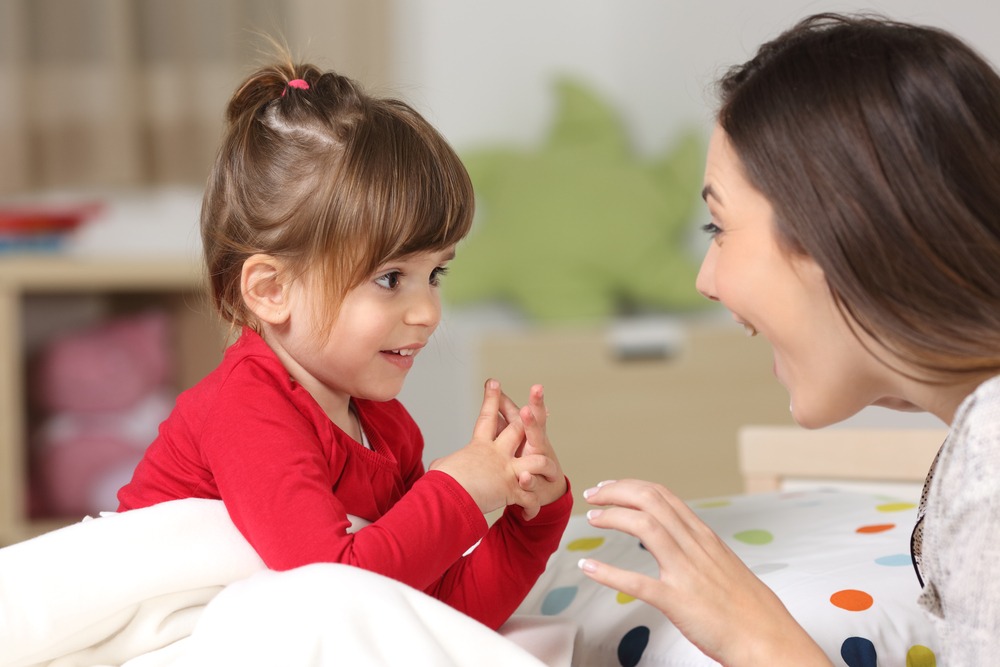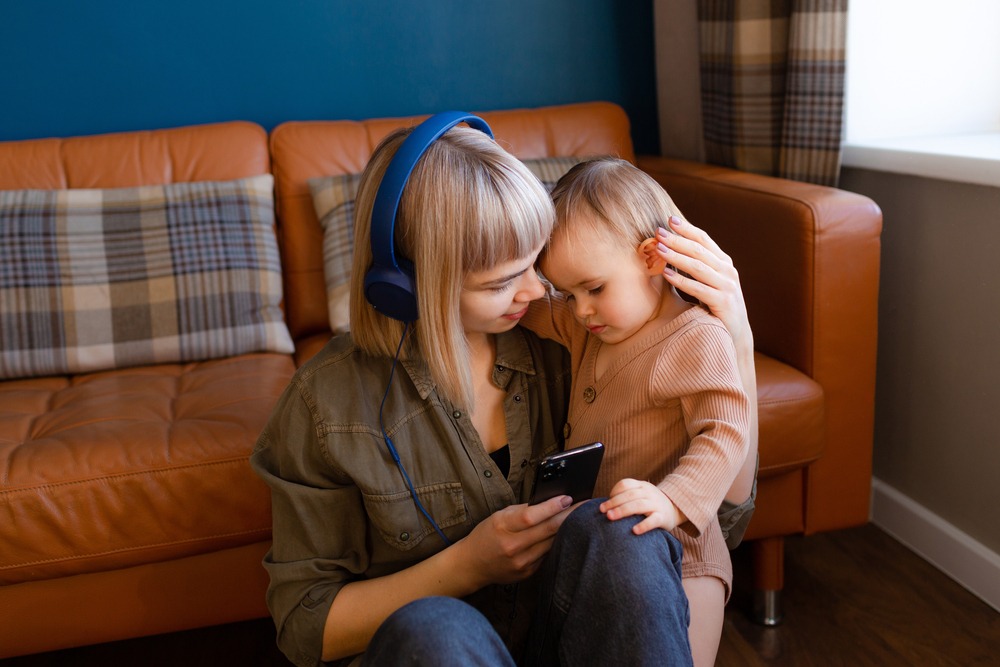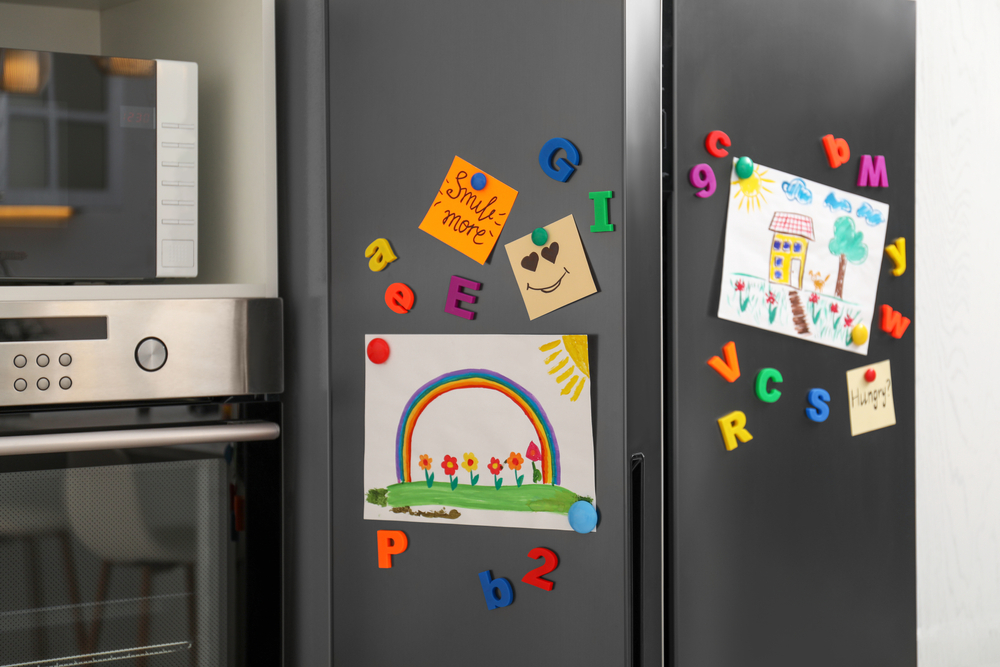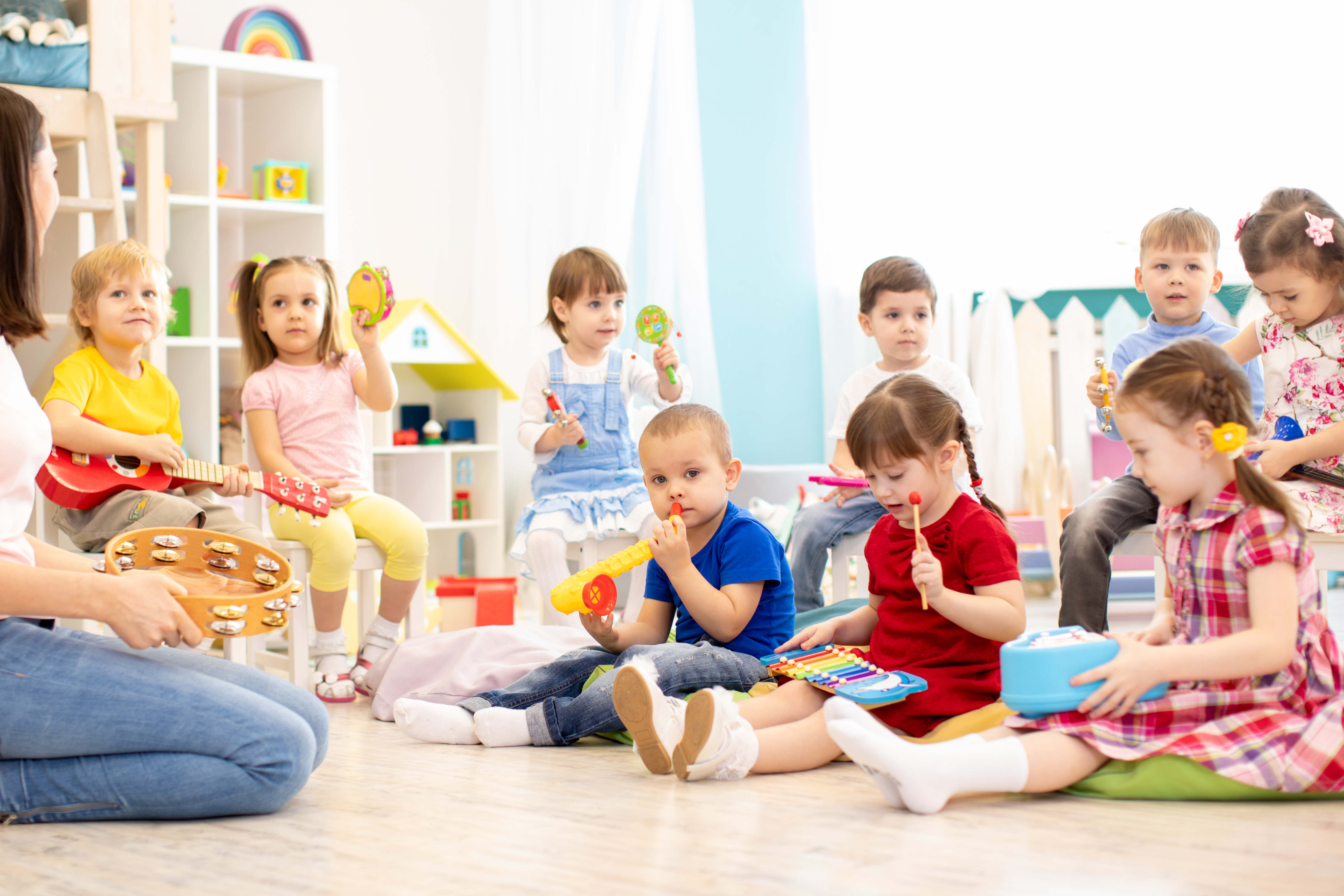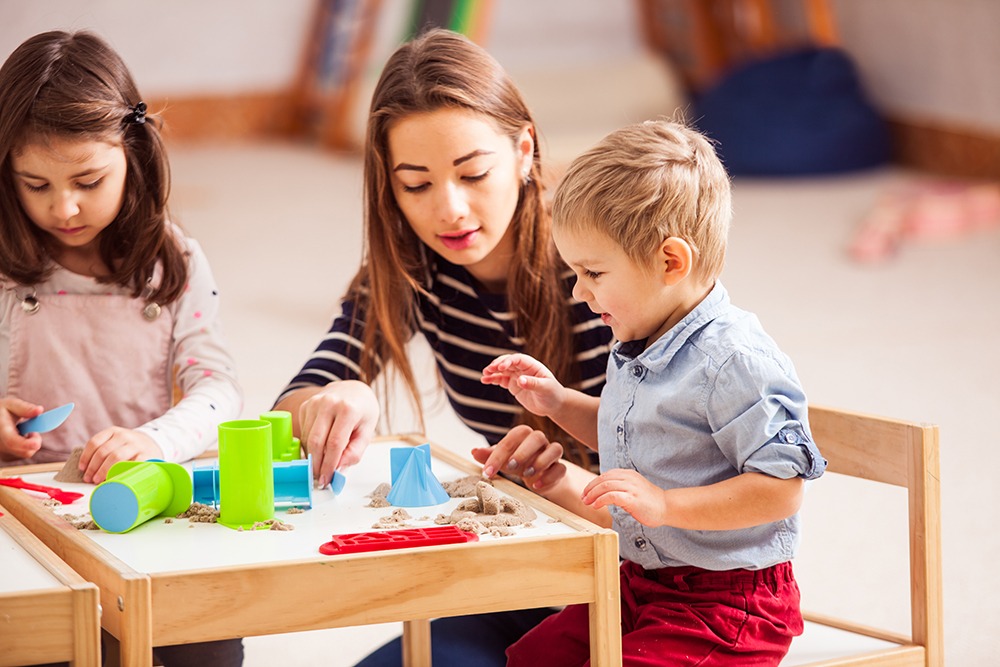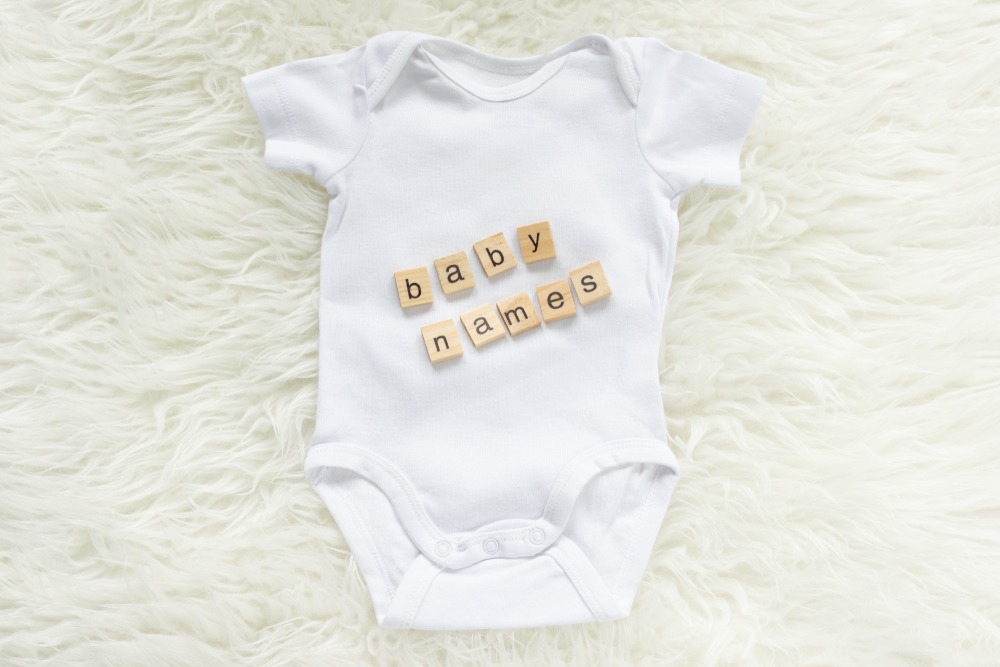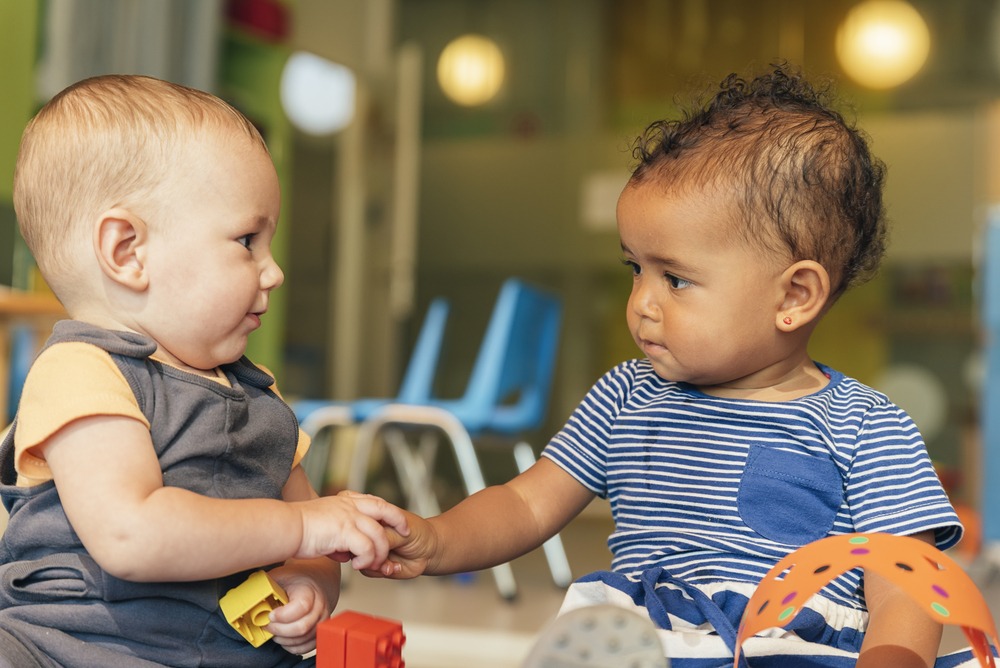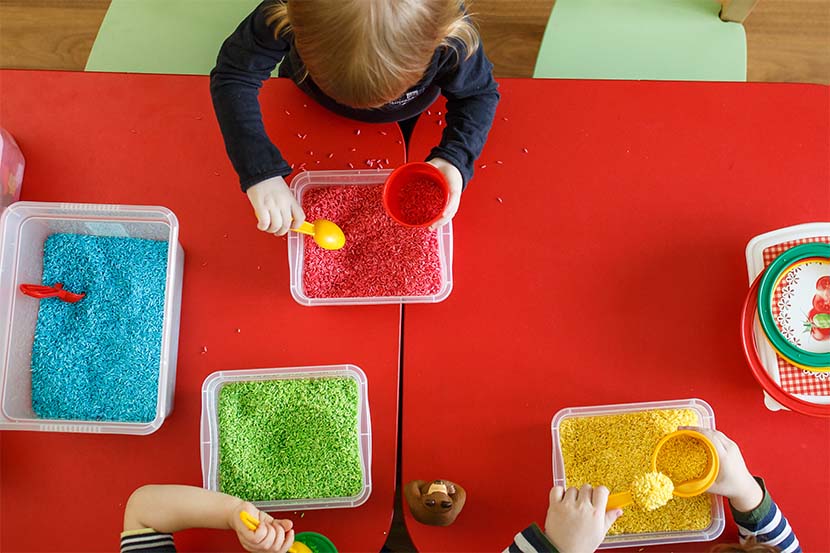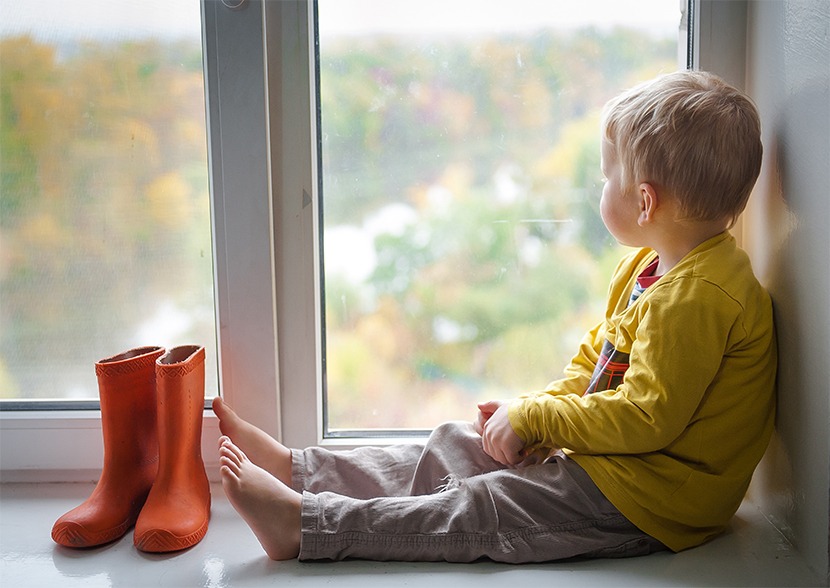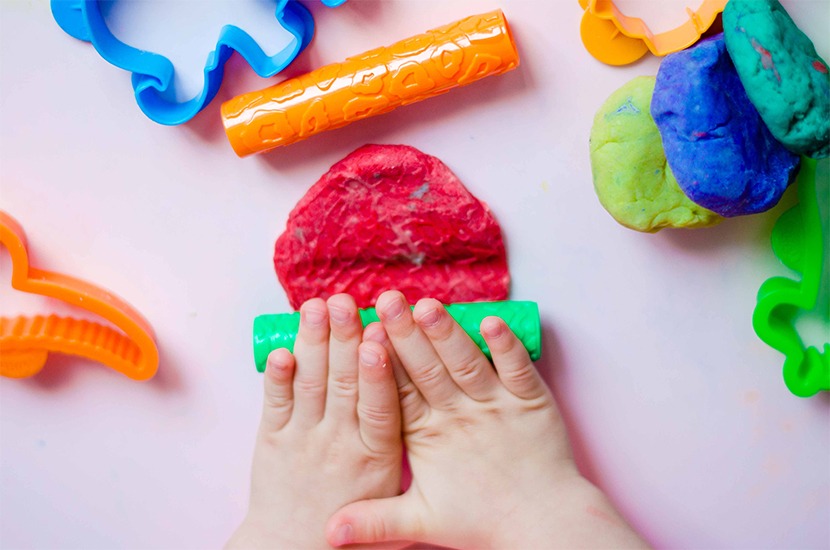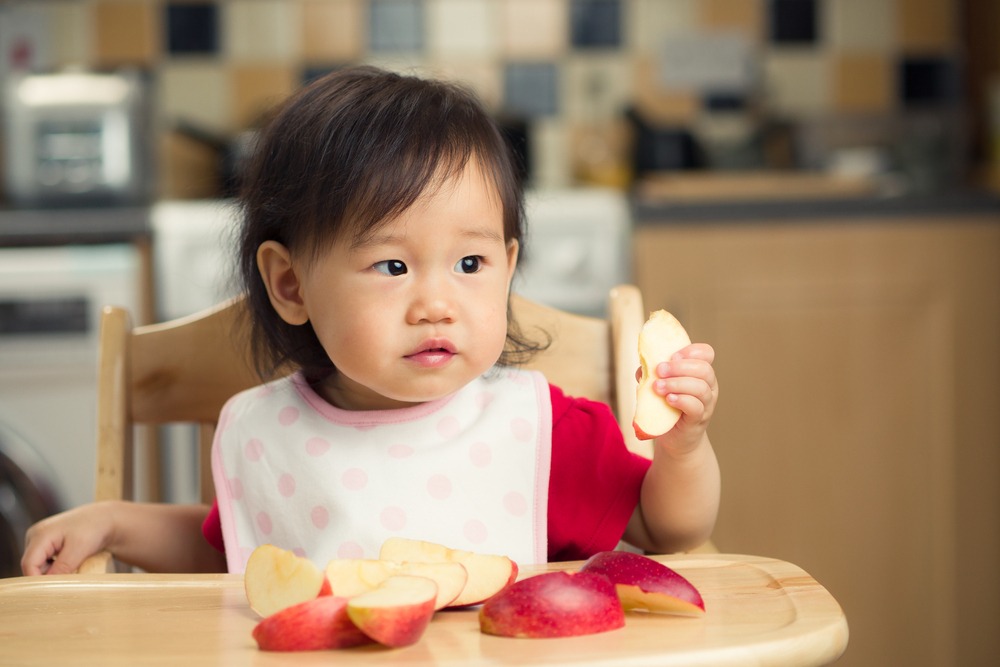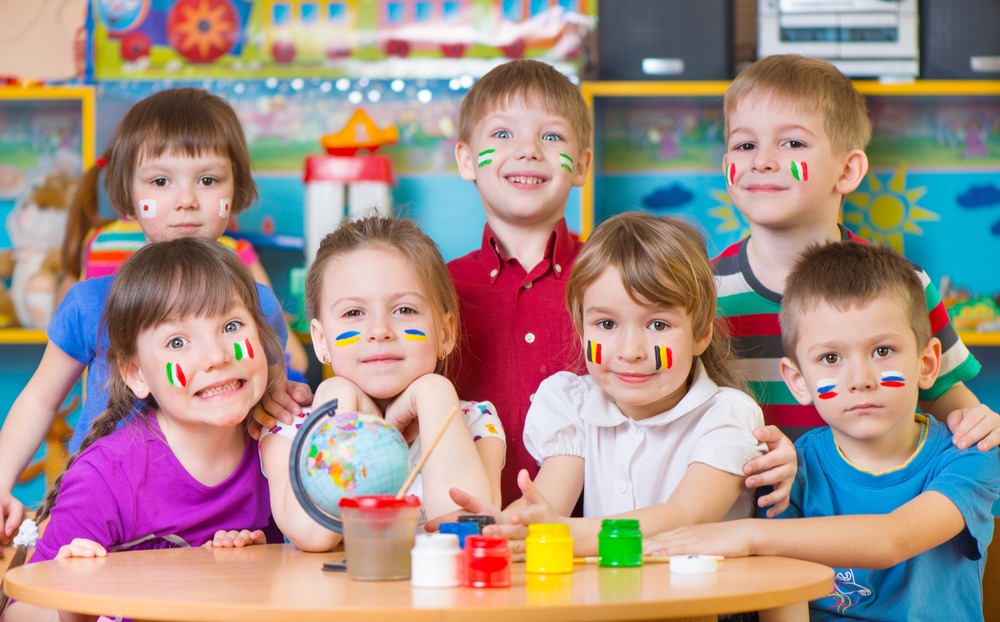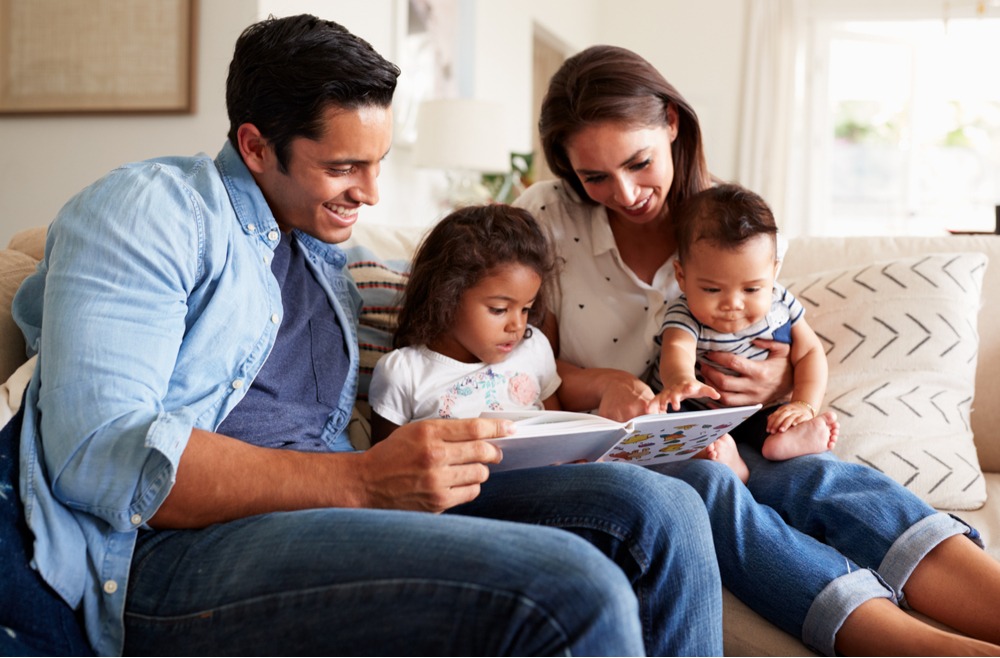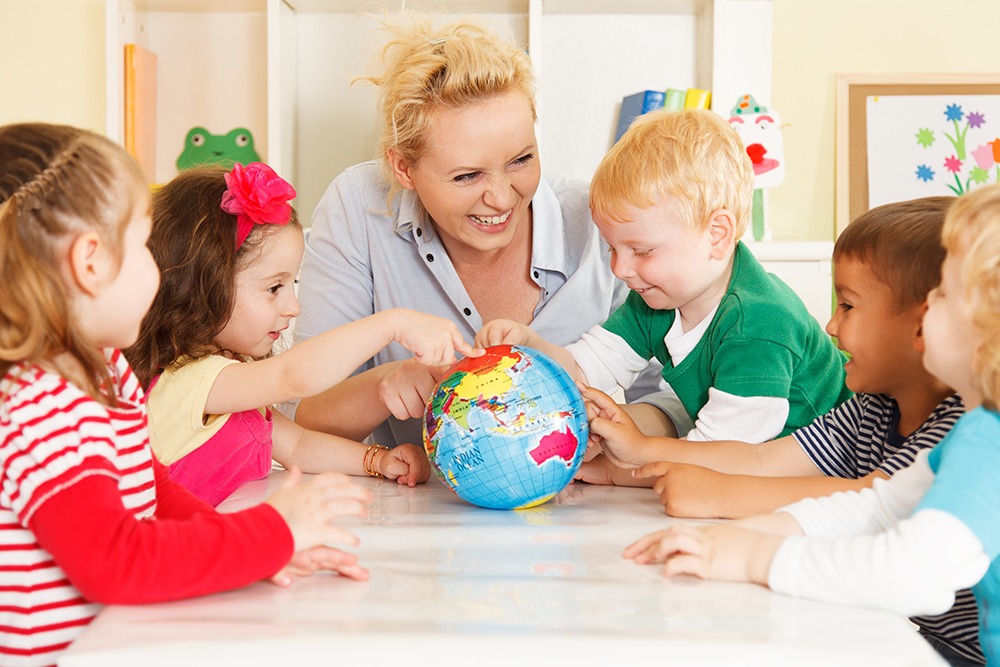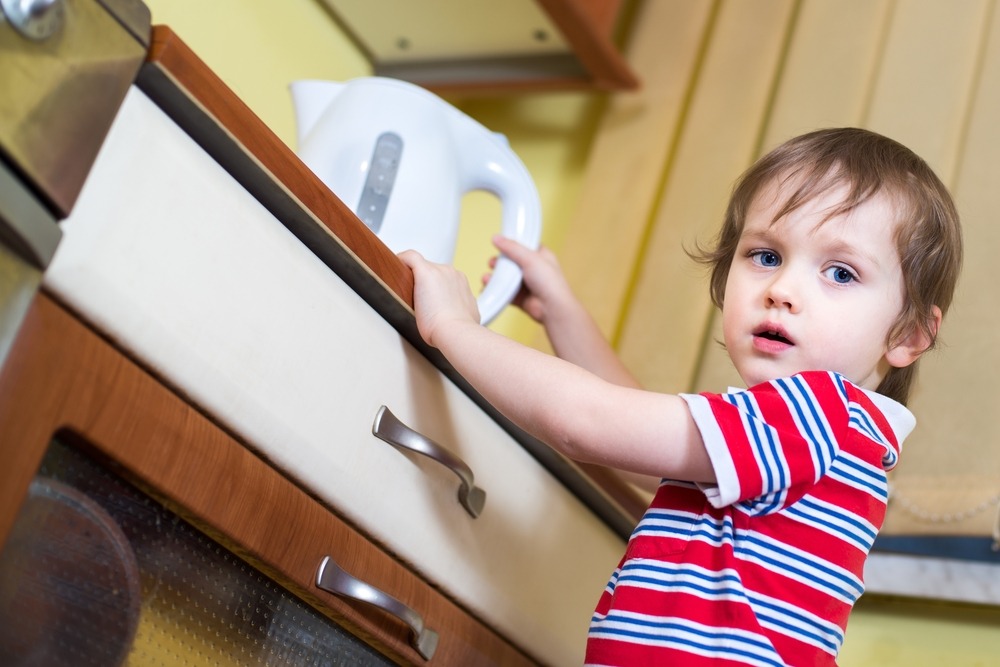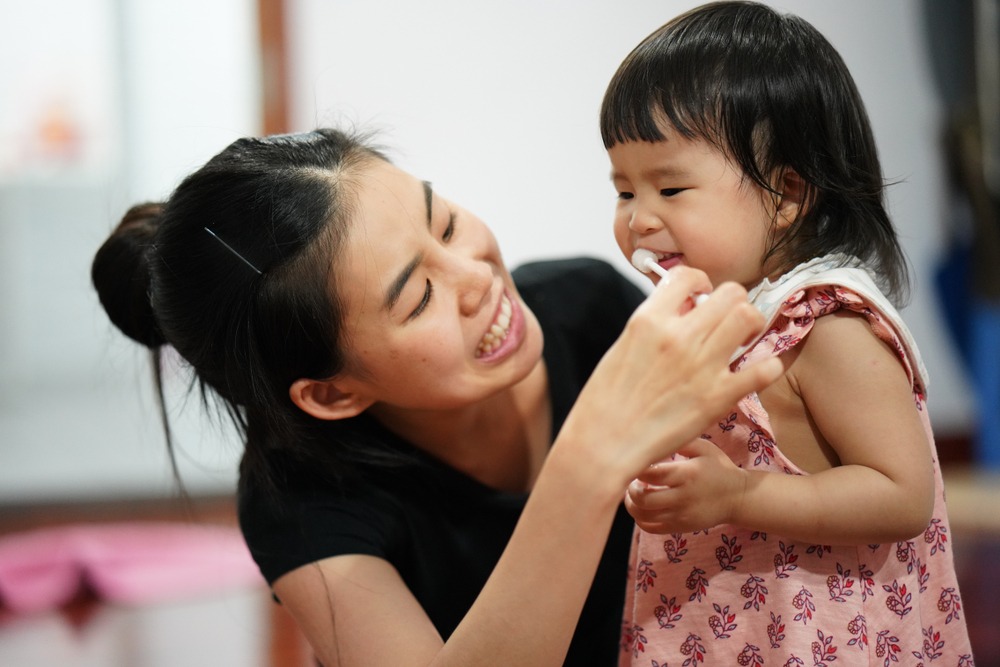
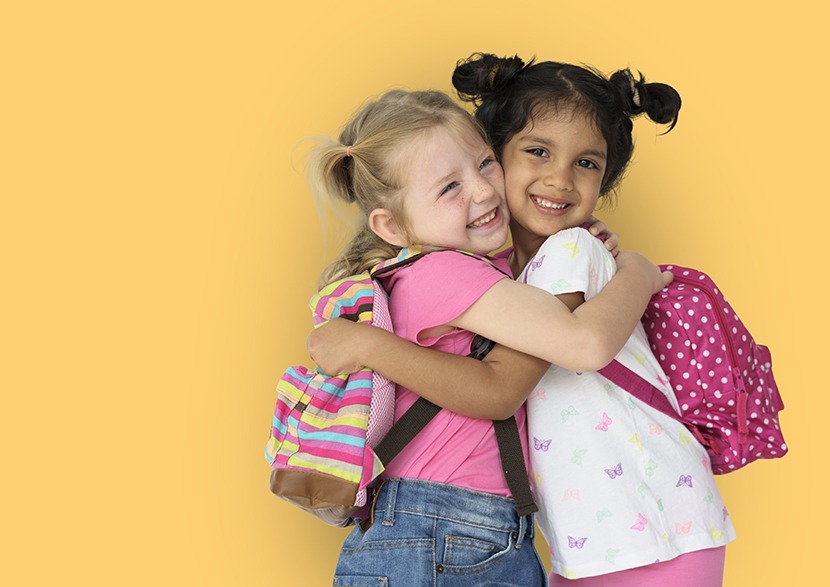
If you’ve ever seen a couple of kids interact on a playground, you’ve probably noticed the ease in which they become social and comfortable with each other. A lack of inhibition equips kids with the skills to develop fast friendships that most adults would die to have. However, the one issue kids may have with making friends is their lack of perception and inexperience in acceptable social behaviours.
While most children have no problem diving right into social experiences or playing with others, it is still crucial that they’re educated and aware of how to create healthy friendships, and of appropriate and acceptable behaviours within these relationships. So, what can you do to help your child develop these healthy friendships? Read on to find out!
Be A Role Model
Monkey see, monkey do! What better we to show your child how to form healthy relationships than by modelling it yourself? Make time to see your friends and express to your child why this is valuable, and express what values and traits you appreciate and admire in your friends.
Encourage Empathy and Selflessness
For little ones, it can often be confronting (or near impossible) to see past the demands of their own needs. However, it’s still important to communicate to our children why we should care about the needs and feelings of others. For example – explaining to your child why it might upset someone to snatch a toy from their hands, or to ask them how they might feel if someone excluded them from play.
Challenge Your Child To Reach Outside Their Social Circle
An important part of developing a child’s social skills is exposing them to a range of different social experiences. Encourage them to invite someone new to their birthday party or to reach out to the kid who sits alone at lunch time. This will discourage feelings of superiority and can teach them a lesson about the unique differences and values in other people.
Remind Them That Winning Isn’t Everything
Instead of asking your child “Who Won?” or “What Was The Score?” try asking questions like “Did You Have Fun?” and “Did Everyone Work Together?”. Being over competitive will alienate your child from the opportunity to connect with others. Supporting happy and cooperative play will remind your child that the experience of bonding and playing with others is more important than winning.
Create A Mental “List Of Friends”
Children can sometimes become distressed if their favourite friend isn’t available to hit the playground with them, and might feel that their only option is to play alone. However, having a mental “list of friends” that you can refer to when your child is feeling lonely is a good way to remind them that their social circles have the opportunity to be diverse.
Apologies and Forgiveness Are Key
Sometimes it’s not easy to say sorry – even as an adult! Teach your child to apologise for unacceptable behaviour to others, but remind them that once they are forgiven, it’s okay to move on. The same goes for a child who apologises to their own – teaching them the power of forgive and forget will stand them in good stead.


